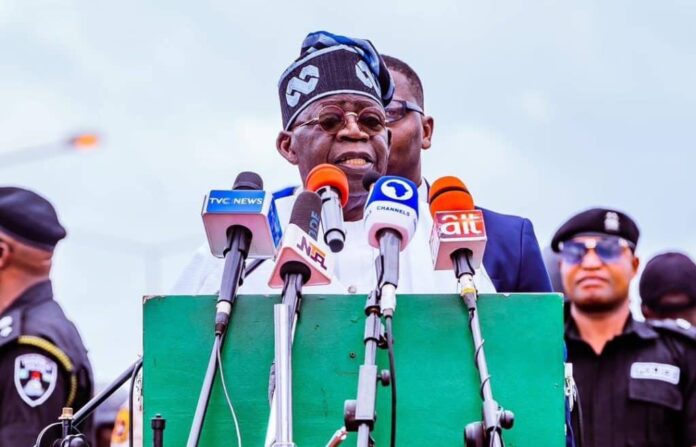Ordinarily the removal of subsidy energy sources-petrol, kerosene, diesel and electricity supposed to free up billions of naira for government to plow into other social and economic needs such as infrastructural development, give incentives for domestic refineries to produce more petroleum products, reduce the country’s over dependence on imported fuel, boost the economy, and create jobs. All these seems to be so contentious and difficult in the Nigerian context as the negative implications that fuel subsidy removal has done to Nigerians, one can easily deduced that it has done more harm than good, as it has led to the decreased in economic growth in the short term, increase inflation, increase poverty, increase fuel smuggling, increase crime, increase the prices of petroleum products and loss of jobs in the informal sector.
Fuel subsidy removal simply means that the government stops providing financial support to reduce the cost of fuel for consumers.
Since petrol subsidy was removed on May 29, 2023 during the inauguration speech of President Bola Ahmed Tinubu, the entire economy has been thrown into crisis. The situation is like removing the life wire of a sick person on life support. This is because the unemployment in the country has worsened. Thousands of tricycle and bike operators have parked up due to their inability to buy patrol at the huge price, the cost of transportation has quadrupled. Traders, Market women and even Farmers have given up on their trade.
The negative impact of fuel subsidy can not just be over emphasize as the removal vary across different income groups, with lower- income individuals and families potentially facing more significant challenges due to the increased fuel cost.
The truth of the matter is that with mass poverty, millions of poor people can’t eat one meal a day, many who are sick in our malaria endemic environment can’t afford to buy the commonest anti- malaria drugs. There is high morality rate in the population arising from hardship. Criminality is on the rise as that appears to be the only way out. Although, the government planning to give palliatives to citizens to cushion the effect of subsidy removal has not been seen yet, and the Tinubu’s proposing to pay N8,000 to a section of the population per household can never be enough as there is mass discontent over the amount which can hardly buy anything on the market, given the skyrocketing prices of goods and services in the market today.
It is absolutely wrong for Nigeria to join the developed nations that have stable, more productive and better managed exonomies to remove subsidy.
This is because, the government needs to understand that there is nothing that the citizenry enjoy ,but subsidy on oil, as there is fear that, with the removal of petrol subsidy, the economy can not be expected to make any headway on the path of the much needed productivity.
I therefore, appeal to president Tinubu to bring back our oil subsidy in no distant future.
Fatima Abubakar Maidugu
Department of Mass communication,
University of Maiduguri.







